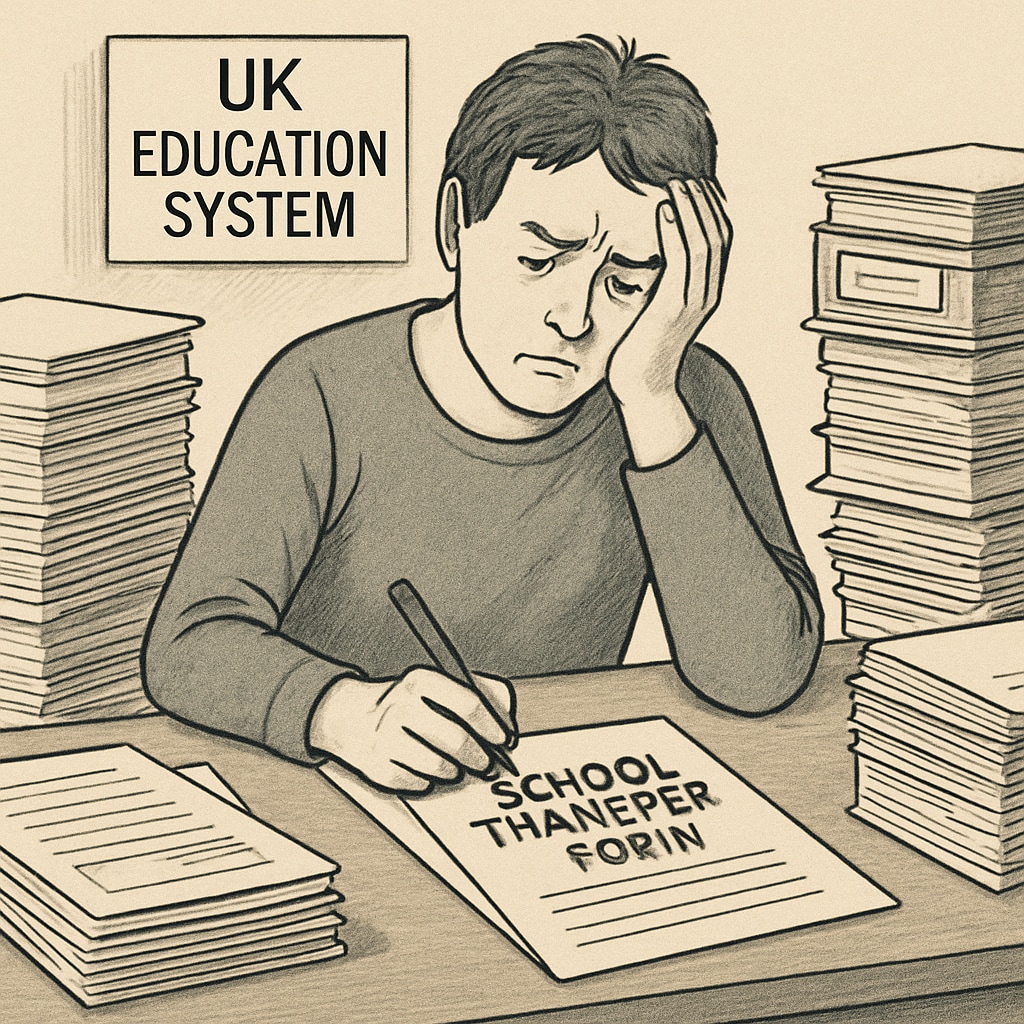The process of transferring schools for special needs students in the UK often highlights the systemic shortcomings of the education system. Parents seeking appropriate learning environments for children with special education needs (SEN) frequently encounter a labyrinth of bureaucratic obstacles, compounded by a lack of accountability within education departments. This issue becomes particularly acute when students with mental health conditions, such as anxiety or depression, require urgent changes to their educational settings.
Challenges in Navigating the School Transfer Process
For families of special needs students, transferring to a new school is rarely straightforward. Despite legal frameworks like the SEND Code of Practice, which aim to ensure fair access to education, implementation gaps often leave parents to navigate the system on their own. Administrative delays, lack of communication, and conflicting priorities among education officials exacerbate the situation.
Consider the case of a mother advocating for her 15-year-old daughter, who suffers from severe anxiety and depression. After her daughter’s current school failed to provide adequate accommodations, the mother sought a transfer to a school better equipped to meet her needs. However, the process was fraught with challenges, including prolonged waiting periods, repeated requests for documentation, and vague responses from the local education authority.

The Impact of Administrative Neglect on Vulnerable Students
The lack of urgency and systemic inefficiencies in handling transfer requests for SEN students can have severe consequences. For many children, delays in securing a suitable educational environment exacerbate their existing difficulties, leading to academic setbacks, social isolation, and further mental health deterioration. These outcomes contradict the principle of inclusive education, which aims to provide equitable opportunities for all learners.
Moreover, the emotional toll on families is significant. Parents often feel helpless and unheard, as their efforts to secure the best possible education for their children are met with resistance or indifference. This systemic neglect highlights a broader issue: the prioritization of procedural compliance over the well-being of students.

Recommendations for a More Inclusive System
Addressing these challenges requires systemic reforms that prioritize the needs of special education students and their families. Key recommendations include:
- Streamlining administrative processes: Simplifying paperwork and setting clear timelines for school transfers would reduce delays and confusion.
- Improving communication: Local education authorities should establish dedicated points of contact for SEN cases to ensure consistent and transparent communication.
- Training for education professionals: Providing ongoing training for school staff and administrators on SEN policies and practices can foster a more empathetic and proactive approach.
- Increased funding: Allocating additional resources to schools and local authorities would enable them to better support SEN students and reduce bottlenecks in the system.
Ultimately, the goal should be to create an education system where every student, regardless of their needs, can thrive and succeed. This requires a cultural shift toward valuing inclusivity and holding education departments accountable for their responsibilities.
Readability guidance: This article uses concise paragraphs to improve readability and balances professional terminology with accessible language. Lists are included for clarity, and overuse of passive voice has been avoided.


